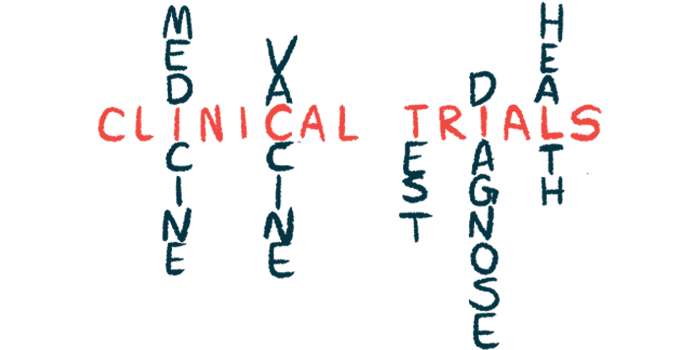Dosing begins in Phase 1/2a trial of optimized gene therapy for hem A
ASC618 is reported to be a 'more durable, affordable' next-generation treatment

A first patient has been dosed in a Phase 1/2a clinical trial that’s assessing the safety and preliminary efficacy of ASC618, a second-generation gene therapy for hemophilia A.
The Phase1/2a study (NCT04676048), which has been in the works since 2021, aims to enroll about 12 men with severe or moderately severe hemophilia A at its single site in Arkansas. The study is being sponsored by ASC Therapeutics, ASC618’s developer.
“The successful dosing of the first patient is a testament of both our commitment to the hemophilia A community and our team’s capability in advancing novel genetic therapies into the clinic,” Ruhong Jiang, PhD, CEO of ASC Therapeutics, said in a company press release.
As an optimized, next-generation gene therapy, ASC618 is expected to be “more durable and affordable,” added Oscar Segurado, MD, PhD, ASC’s chief medical officer.
Hemophilia A gene therapy trial enrolling at Arkansas Children’s Hospital
Hemophilia A is caused by mutations in the F8 gene, which provides instructions for making the clotting protein factor VIII (FVIII).
ASC618 is a one-time treatment designed to deliver a healthy copy of this gene to cells in the liver, where most clotting proteins are made. The therapy has been specifically optimized to target liver cells and trigger robust production of FVIII protein, with the aim of restoring clotting ability and preventing serious bleeds.
“Treating our first patient with ASC618 reinforces our focus on providing cutting edge therapeutic modalities to our patients with hemophilia A. We are now assessing in a clinical setting the relevance of a novel one-and-done gene therapy that may replace lifelong, burdensome, and expensive treatments to manage hemophilia A,” said Shelley Crary, MD, principal investigator of the clinical trial at Arkansas Children’s Hospital.
To deliver its genetic payload, ASC618 uses a virus, called adeno-associated virus serotype 8 (AAV8), which has been modified to deliver a therapeutic gene rather than infect cells.
AAV8 is related to, but distinct from, other versions of adeno-associated viruses, including AAV5, the virus used to deliver the genetic payload in Roctavian (valoctocogene roxaparvovec-rvox). Earlier this year, Roctavian became the first gene therapy approved to treat hemophilia A in the U.S.
Patients who have pre-existing antibodies against AAV8 are not eligible for participation in the study, since these antibodies are expected to make the therapy less effective. Those interested in learning more may contact the trial’s manager.
The study’s main goal is to assess the number of adverse events and serious adverse events one year after dosing. Secondary goals into the therapy’s potential efficacy include assessing changes in FVIII activity, the use of FVIII products, and bleeding rates within the same time frame.







